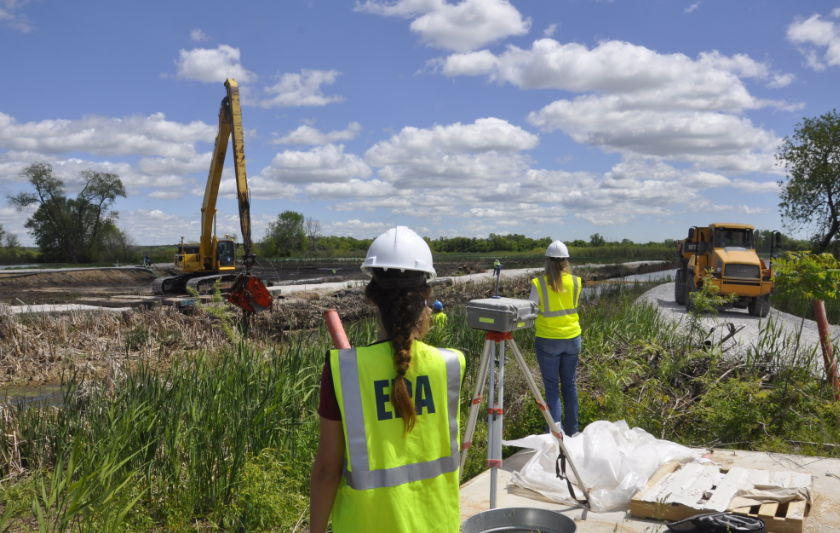Ecological assessment is a critical process that seeks to evaluate and understand the natural environment and its biodiversity. This comprehensive evaluation is essential for informing land management decisions, conservation efforts, and sustainable development. In this blog, we will explore the significance of ecological assessment and its role in preserving the environment.
Importance of Ecological Assessment
It is a fundamental tool for assessing the impact of human activities on the environment and identifying measures to mitigate potential harm. It involves the systematic study of ecosystems, plant and animal species, habitats, and natural resources. By conducting these assessments, we can gain valuable insights into the health and functioning of natural ecosystems.
One of the key benefits of ecological assessment is its ability to inform land use planning, ensuring that development activities are carried out in a manner that minimises negative impacts on biodiversity and ecological processes. Understanding the ecological implications of development projects is crucial for maintaining the balance between human needs and the preservation of the natural environment.
Conductiish partng an Ecological Assessment
When undertaking an ecological assessment, various factors are considered, including the assessment of flora and fauna, identification of rare or threatened species, evaluation of ecological connectivity, and analysis of ecosystem services. These assessments are often conducted by qualified ecologists and environmental consultants who have the expertise to gather and interpret data to produce an ecological assessment report.
The bushfire risk assessment serves as a comprehensive document that outlines the findings of the assessment, including any potential impacts on the environment and recommendations for mitigation measures. It provides valuable information for decision-makers, regulatory authorities, and project developers to ensure that ecological considerations are integrated into planning and development processes.
Preserving Biodiversity and Ecosystem Health
By conducting robust ecological assessments, we can better understand the interconnectedness of species, habitats, and ecological processes. This understanding is crucial for preserving biodiversity and promoting ecosystem health. A comprehensive assessment allows for the identification of sensitive areas and the formulation of measures to protect and restore these ecosystems.
Moreover, ecological assessments play a vital role in identifying opportunities for habitat restoration, reintroduction of native species, and the creation of wildlife corridors to enhance landscape connectivity. These efforts are essential for maintaining the resilience of ecosystems and safeguarding the rich biodiversity that sustains life on Earth.
Conclusion
In conclusion, ecological assessment is indispensable for evaluating the health of our natural environment and guiding responsible decision-making. Through the production of an assessment report, stakeholders can gain valuable insights into the potential ecological impacts of various activities.

